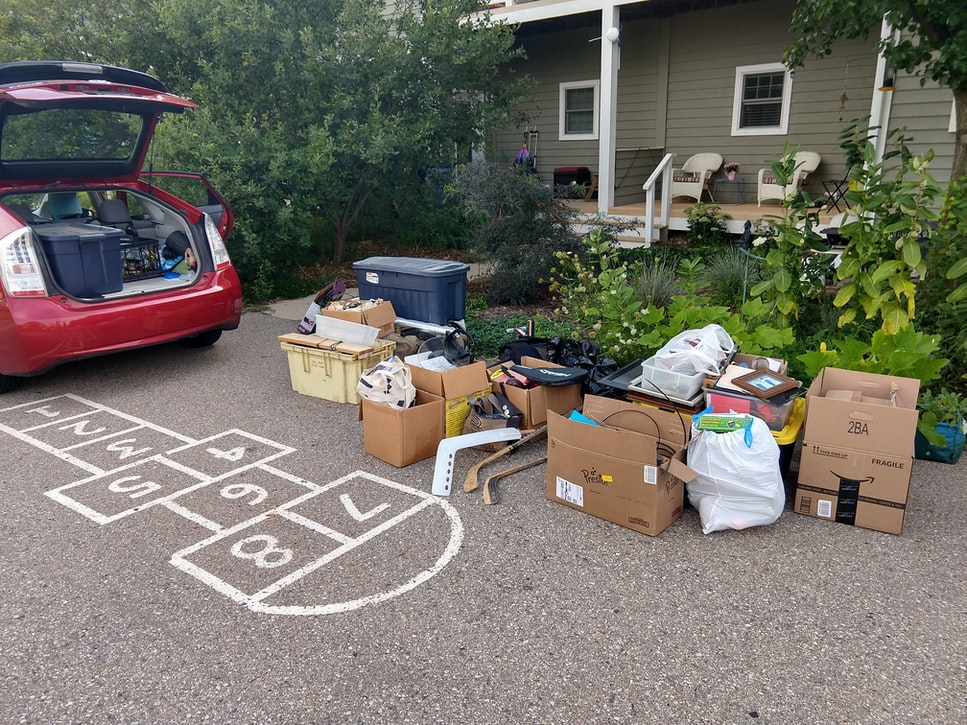What Happens to the Family Home During Divorce? Here’s How to Protect Your Assets

Divorce is never easy—and when a shared home is involved, the process can feel even more overwhelming. Beyond the emotional weight, dividing property like a house, furniture, or other assets can quickly become complex. Here’s how to navigate it smartly and protect what matters most.
Understanding What Counts as Marital Property
One of the first steps in a divorce is understanding the difference between marital and separate property. Marital property generally includes anything acquired during the marriage—like a home, car, or even a joint savings account. It doesn’t matter whose name is on the deed or title—if it was bought during the marriage, it’s likely shared.
On the other hand, separate property includes things owned before the marriage or received as a gift or inheritance. The lines can blur when a pre-marriage home is renovated together or paid for with joint funds, which is why legal guidance is so important.
Why the Family Home Becomes a Key Focus
For many couples, the house is more than just a structure—it holds memories, routines, and a sense of stability. That’s also why it often becomes the biggest asset to divide during a divorce.
Decisions must be made: Will one spouse keep the home and buy out the other’s share? Will the house be sold and the profits divided? Is the mortgage still affordable for one person alone?
According to property division lawyer Tad A. Nelson, the longer a couple has been married and the more property they’ve acquired, the more complex the division becomes. A skilled lawyer can help ensure your contributions are fairly represented—whether financial or otherwise.
My Personal Experience with Property Division
When my close friend went through a divorce a few years ago, she assumed keeping the house would be straightforward—after all, she’d managed the mortgage and renovations. But she quickly learned that financial and legal documents mattered more than assumptions. With the help of a good lawyer, she was able to prove her investment in the property and negotiate terms that allowed her to keep the home she’d built her life in.
Identifying and Valuing Assets the Right Way
To make sure everything is divided fairly, it’s important to create a complete list of all assets. That includes real estate, vehicles, investments, retirement accounts, and personal property like furniture or valuable decor.
A lawyer can help appraise these assets properly and ensure nothing is left out. It’s especially important to document upgrades made to the home—new kitchens, landscaping, solar panels—anything that increased its value. Accurate valuation is key to negotiating a fair outcome.
How State Laws Impact Property Division
Dividing property isn’t just a personal decision—it’s also a legal one. Depending on where you live, your state will follow either community property rules (where everything is split 50/50) or equitable distribution (where assets are divided fairly, but not always equally).
A property division lawyer can explain how your state’s laws apply and help you understand what you’re entitled to. They also navigate complicated areas like shared debts, taxes, or exemptions that can significantly affect your share.
Negotiating a Fair Settlement
The family home is often the most valuable asset in a divorce, but it shouldn’t come at the cost of your financial future. Before any decisions are finalized, gather your financial records—income, mortgages, repairs, savings—and work with your lawyer to develop a clear picture of your situation.
Negotiations don’t have to be hostile. With legal support and careful planning, you can reach a resolution that respects your contributions and sets you up for stability moving forward.
Securing Your Financial Future Post-Divorce
Once property is divided, the next step is rebuilding your life—financially and emotionally. Update your budget, revisit your estate plan, and make sure any shared accounts or titles are fully separated.
As advised by Cox Law Group, Inc., updating your will, trust, and beneficiary designations is crucial after a divorce. These documents should reflect your new situation and protect your personal wishes moving forward.
Divorce may change your circumstances, but it doesn’t have to take away what’s most important. With the right legal support and smart planning, you can protect your assets—including your home—and take confident steps into the next chapter.






